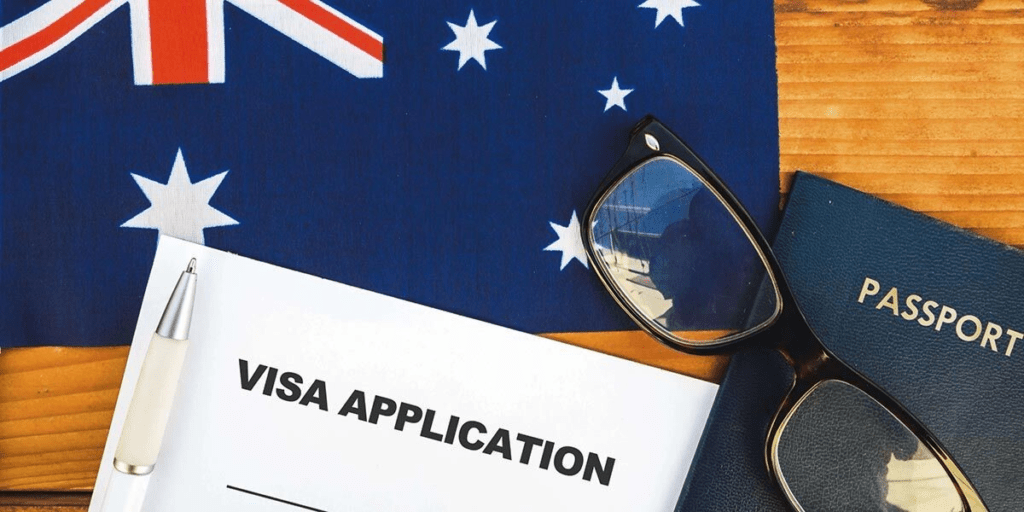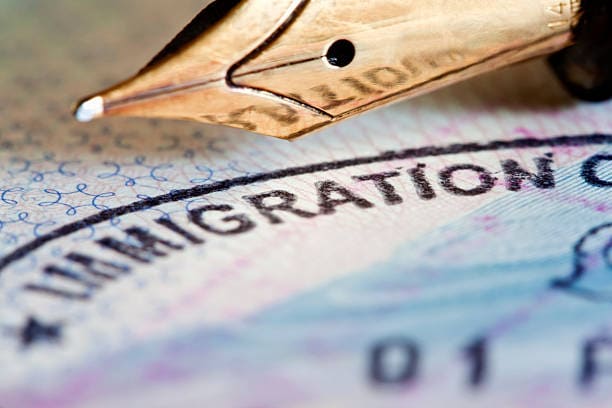What happens during an emergency cancellation of visas on security grounds? What are the protocols and relevant legislation we should take note of? There are several reasons why the DHA may cancel a visa in Australia. Some of the common reasons for visa cancellations include:
- Failure to comply with visa conditions: For example, if an applicant has a temporary work visa (for instance, a 186 TRT visa) and if they engage in work or activities that are not allowed under their visa, it may result in visa cancellation.
- Criminal convictions: For instance, a talent visa applicant should have a clean criminal record if they want approval of their visa.
- Health reasons: If you have a health condition that poses a risk to public health, the authorities may cancel your visa. For example, a visa applicant qualified for a position in a construction company but was later denied since he developed heart disease.
- Providing false information: Applicants should fill out applications truthfully to prevent cancellations.
- Breach of Australian state laws and regulations that threaten Australia’s security: There are numerous state laws and legislations about migration and visas in Australia. That’s why we have drafted an article about the emergency cancellation of visas on security grounds.
Section 134A: Rules of Natural Justice
‘Natural justice’ is a phrase that promotes fairness and impartiality in government actions. The rule also protects those who may be involved in these government decisions because the decision may have a direct impact on them.
However, Section 134A of the Migration Act 1958 states that the rules of natural justice do not apply to emergency cancellation of visas on security grounds.
Section 134B: ASIO and Security Grounds
The Australian Security Intelligence Organisation (ASIO) is the agency responsible for protecting and promoting Australia’s security and intelligence interests. This agency’s primary role is to identify and investigate threats to Australia’s security, such as:
- Espionage
- Sabotage
- Terrorism; and
- Foreign interference.
ASIO also works closely with other agencies to detect and prevent cyber-attacks and other forms of malicious cyber activity that may pose a threat to Australia’s national security. ASIO has a range of investigative powers, including the ability to conduct surveillance, intercept telecommunications, and access computer networks.
However, these powers are subject to strict legal frameworks, and ASIO operates within the law and with respect for individual rights and freedoms. In fact, ASIO plays a big role in Section 134B of the emergency cancellation of visas. According to the Section, the Minister must cancel a visa if the ASIO assessment:
- Pertains to the person holding the visa who is outside Australia
- Suspects that the person holding the visa poses a threat to security
- Contains a recommendation that the DHA cancel all of the visas that the person holds
Section 134C: Grounds To Revoke Cancellation
According to Section 134C of the emergency cancellation of visas, there are two grounds for revoking the cancellation of visas. Below is a table that outlines the two grounds.
| First ground | The Minister must revoke the cancellation of a visa on the period that: – Starts at the beginning of the day (cancellation day) the visa is cancelled; and – Ends at the end of the 28th day after the cancellation day. However, the Minister must not revoke a cancellation if there is an ASIO assessment before the period stated above. The cancellation must not also apply if the assessment contains a recommendation to not revoke under the first ground conditions. |
| Second ground | The Minister must revoke a cancellation if there is an ASIO assessment before the end of the period stated in the first ground. Additionally, the Minister must also revoke a cancellation if the assessment contains a recommendation that the cancellation of the visa be revoked under this ground for revoking the cancellation of a visa. |
Section 134D: The Effect of Revoking a Cancellation
What happens if the Minister revokes the cancellation of a visa? According to Section 134D of the emergency of cancellation of visas, this results in the visa having effect as if authorities granted the visa on revocation. However, the Minister may vary:
- The time the visa is to be in effect; or
- Any period or date until which the visa allows its holder to travel to, enter and remain in Australia

Section 134E: Notice of Emergency Cancellation of Visas
Section 134E of the emergency cancellation of visas states that the Minister must provide the former holder of the visa a notice of the cancellation if he/she:
- Cancels a visa
- Does not revoke the cancellation
The notice must be given:
- As soon as reasonably practicable;
- After ASIO advises the Minister, in writing, that it is no longer essential to the nation’s security for the notice not to be given; and
- As soon as reasonably practicable after the Minister decides to not revoke the cancellation
The notice must also state that the visa was cancelled and given to the concerned person in the prescribed way. Failure to give the notice will not, however, affect the validity of the Minister’s decision to cancel or to not revoke the cancellation of the visa.
Section 134F: Effect of Cancellation on Other Visas
Section 134F of the emergency cancellation of visas apply if:
- A visa is cancelled; and
- The Minister decides not to revoke the cancellation; and
- The Minister has provided notice to the former visa holder about the cancellation
What if another person holds a visa because the relevant person held a visa? If the relevant person’s visa is cancelled, the Minister may also cancel the other person’s visa without notice.
For example, a husband outside Australia got his partner visa approved through his wife living in Australia. If the wife becomes a threat to Australia’s security, the Minister may notify her about the cancellation. If this is the case, the husband’s visa will also be cancelled without notification due to his wife’s cancellation.
How Can Lawyers Help With Visa Cancellations?
We at JB Solicitors provide legal advice to applicants whose are facing visa cancellation issues due to security reasons. Our team of lawyers can help in several ways which include:
1. Reviewing the decision: We can review the decision made by the minister to determine whether it was lawful and whether the proper procedures were followed.
2. Appealing the decision: If the decision was unlawful, we can help the affected individual appeal the decision to the appropriate tribunal or court in Australia.
3. Providing legal advice: Our legal advice can help affected individuals know their rights, options and possible outcomes in their case. This includes advising on the legal grounds for the visa cancellation, potential defences, and the likelihood of success in an appeal.
4. Negotiating with the authorities: We can negotiate with the authorities on behalf of the affected individual to try and resolve the issue without resorting to an appeal. This may involve a review of the decision or a request for the decision to be reversed.
5. Representing the affected individual in court: If an appeal is lodged, our lawyers can represent the affected individual in court or the tribunal, and argue their case to the judge.
Contact us today for more information about emergency cancellation of visas in Australia.
